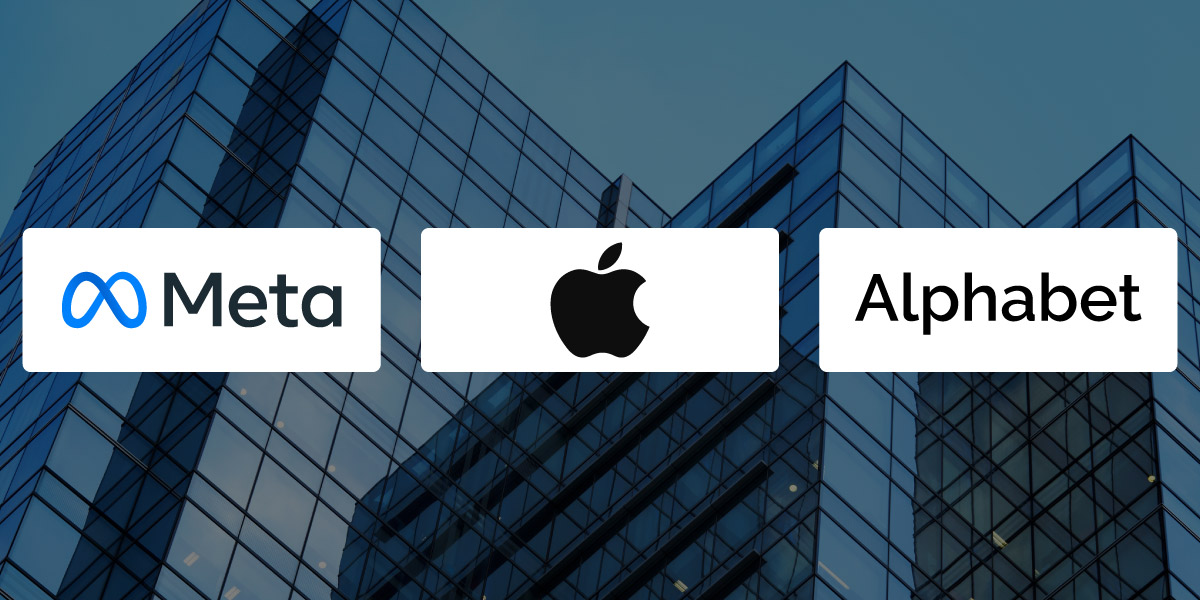
More on News
PM Modi Discusses Role of Technology in Agriculture, Education, and Health with Bill Gates
-
Team Eela
OpenAI has admitted that ChatGPT 4 has become “lazy.” According to media reports, several users have reported ChatGPT 4’s declining effectiveness. Users pointed out issues like incomplete tasks, shortcuts, and a tendency to avoid taking responsibility for assigned tasks. The “lazy” comment raises concerns about the potential implications for the future of artificial intelligence.
OpenAI acknowledged the user feedback via X and clarified that the model has not been updated since November 11th. They stressed that the observed “laziness” was unintentional and linked it to the unpredictable behavior of large language models.
“We haven’t updated the model since November 11th, and this certainly isn’t intentional. Model behavior can be unpredictable, and we’re looking into fixing it,” the company tweeted.
OpenAI elaborated that the potential changes are likely subtle, impacting only a particular subset of prompts. This subtlety challenges users and developers to identify and address these patterns promptly.
“The idea is not that the model has changed since November 11th. It’s just that differences in model behavior can be subtle — only a subset of prompts may be degraded,” OpenAI on ChatGPT explained.
The company reassured users that they are actively exploring the problem and trying to find a solution. Nevertheless, they cautioned that the unpredictable nature of these models complicates the resolution process.
OpenAI on ChatGPT stated, “We’re working on fixing it, but it’s a complex issue.”
Although the exact cause of the observed “laziness” is still uncertain, some experts speculate that it may be connected to the model’s internal safety mechanisms. These mechanisms are intended to prevent ChatGPT 4 from generating content that could be harmful or offensive. However, they might inadvertently result in the model avoiding specific tasks or providing incomplete responses.
The slow performance of ChatGPT 4 implies that achieving true artificial intelligence, which can independently think and solve issues, may take longer than initially anticipated. This uncertainty raises questions about AI’s capacity to autonomously handle complex tasks, potentially impacting fields that heavily rely on AI.
However, rather than viewing this as a complete halt in progress, it can be seen as an opportunity for learning. Understanding the root causes of ChatGPT 4’s challenges enables scientists to gain insights into how AI works. This knowledge can pave the way for Ais’s future development to stay robust and intelligent.
Even though the immediate future of AI may not unfold as spectacularly as envisioned, ChatGPT 4 difficulties serve as a reminder of the formidable challenges ahead. Acknowledging and addressing these challenges can bring us closer to realizing true artificial intelligence through enhanced understanding and careful development.

More on News

More on News